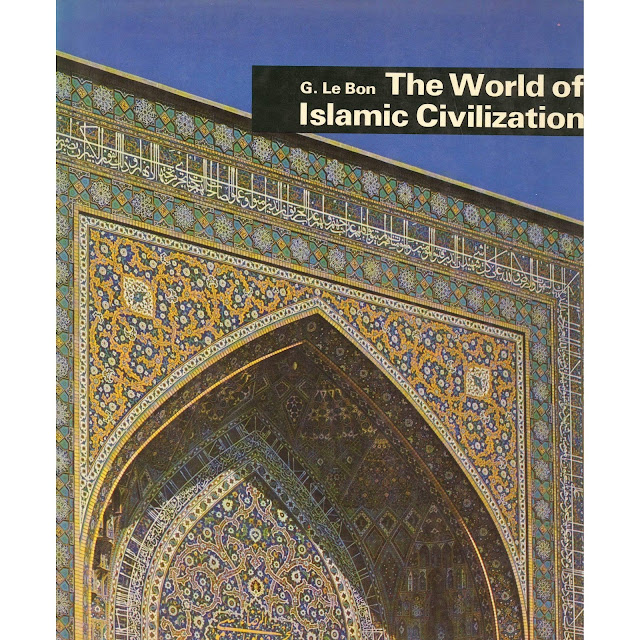„Writings" James Weldon Johnson (The Library of America, 2004)
The Autobiography of an Ex-Colored Man (1912), James Weldon Johnson’s first book and the first modernist novel written by an African American, is a groundbreaking and subtle account of racial passing, initially published as an anonymous memoir. Its veracity—many believed it to be a genuine autobiography—has made it one of the undisputed masterpieces of African American literature and established Johnson in the African American literary vanguard of the first half of the twentieth century. He was also one of the central figures of the civil-rights struggle of his era, a tireless activist and longtime leader of the NAACP. Until now, however, his innovative and fascinating writings have never been gathered in a one-volume edition.
Johnson’s complex career spanned the worlds of diplomacy (as a U.S. consul in Venezuela and Nicaragua), politics (as secretary of the NAACP), journalism (as the founder of one newspaper and longtime editor of another), and musical theater (as lyricist for the Broadway song-writing team of Cole and Johnson Brothers). Writings presents a generous array of Johnson’s essays which, with the early work of W.E.B. Du Bois, established the foundation of twentieth- century African American literary criticism; a selection of his topical editorials from the New York Age; and an offering of his poems and lyrics, including God’s Trombones—a brilliant verse homage to African American preaching—vaudeville songs, protest poems, and perhaps Johnson’s most famous work, "Lift Every Voice and Sing," a stirring hymn often called the "Negro National Anthem."
..........................................
Title: „Writings: The Autobiography of an Ex-Colored Man • Along This Way • essays and editorials • selected poems“
Author: James Weldon Johnson
Publisher: The Library of America
Year: 2004
Number of pages: 828
..........................................
:: Table of Contents ::
"The Autobiography of an Ex-Colored Man" (1912)
"Along This Way" (1933)
Editorials from "The New York Age" (1914-23)
Do You Read Negro Papers?
President Wilson's "New Freedom" and the Negro
22 Calibre Statesmen
Uncle Tom's Cabin and The Clansman
The Passing of Jack Johnson
A Trap
"The Poor White Musician"
Stranger Than Fiction
Saluting the Flag
Responsibilities and Opportunities of the Colored Ministry
Under the Dome of the Capitol
The Silent Parade
An Army with Banners
Experienced Men Wanted
"Why Should a Negro Fight?"
"Negro" with a Big "N"
Protesting Women and the War
The Japanese Question in California
The "Jim Crow" Car in Congress
A Real Poet
Marcus Garvey's Inferiority Complex
The New Exodus
Selected Essays (1919-28)
The Riots
Self-Determining Haiti
Preface to The Book of American Negro Poetry
Lynching--America's National Disgrace
Preface to The Second Book of Negro Spirituals
The Dilemma of the Negro Author
Race Prejudice and the Negro Artist
from "Black Manhattan" (1930)
Selected Poems
Under the Bamboo Tree
from Fifty Years & Other Poems (1917)
Fifty Years
To America
O Black and Unknown Bards
Brothers
Fragment
The White Witch
Mother Night
Girl of Fifteen
Down by the Carib Sea
Sence You Went Away
Nobody's Lookin' but de Owl an' de Moon
'Possum Song
Brer Rabbit, You's de Cutes' of 'Em All
"God's Trombones" (1927)
Preface
Listen, Lord--A Prayer
The Creation
The Prodigal Son
Go Down Death--A Funeral Sermon
Noah Built the Ark
The Crucifixion
Let My People Go
The Judgment Day
from "Saint Peter Relates an Incident" (1935)
Saint Peter Relates an Incident of the Resurrection Day
My City
If I Were Paris
Lift Every Voice and Sing
Chronology
Note on the Texts
Notes




_a.jpg)

